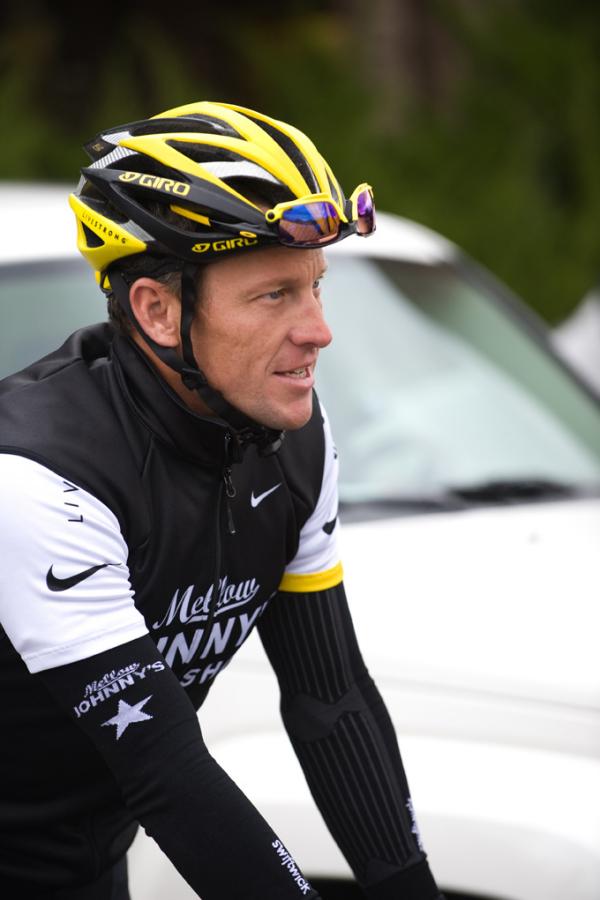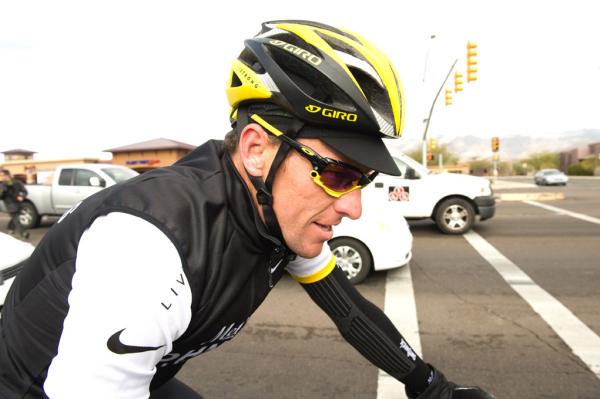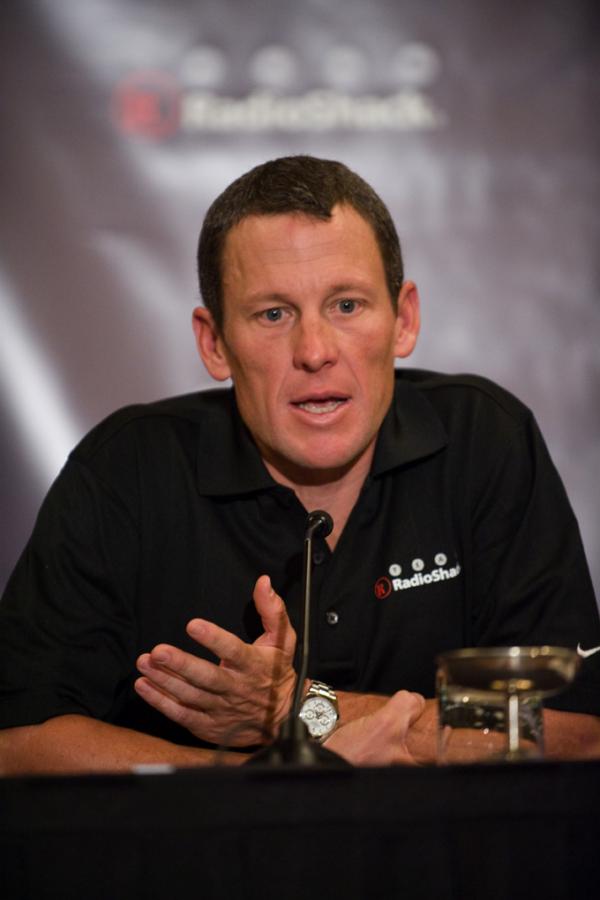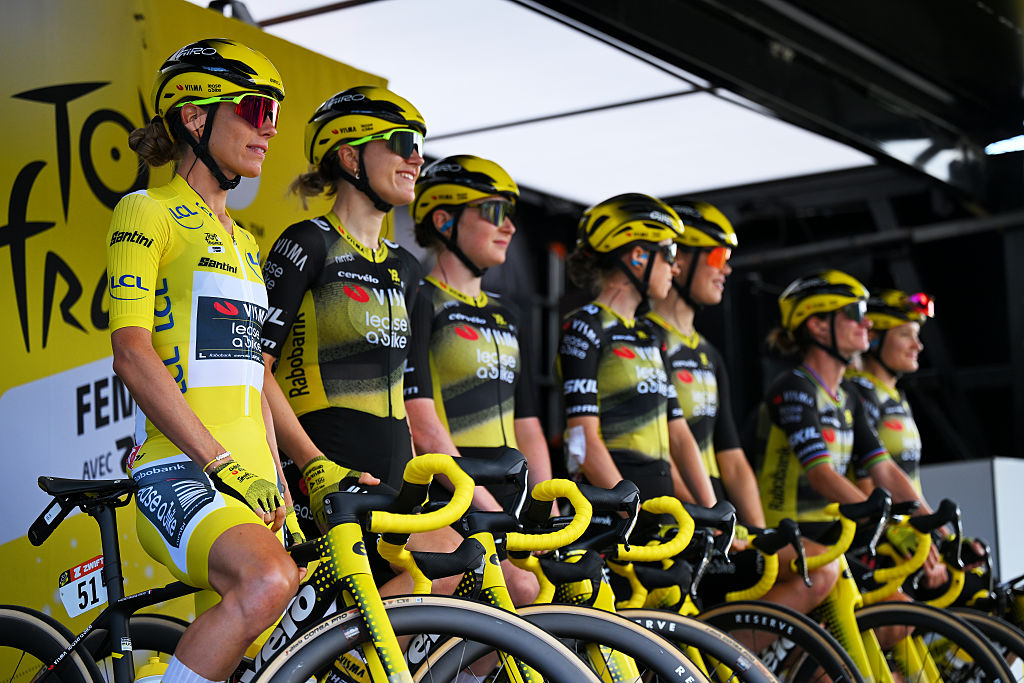Armstrong abandons independent testing, publication of blood values
Radioshack will not use Damsgaard for internal testing
The latest race content, interviews, features, reviews and expert buying guides, direct to your inbox!
You are now subscribed
Your newsletter sign-up was successful



The Radioshack team run by Johan Bruyneel and Lance Armstrong will not be using the services of Dr. Rasmus Damsgaard, the anti-doping tester who initiated team-based programs with Team CSC/Saxo Bank two years ago, and Armstrong will not be publishing his blood values publicly.
Armstrong explained at the team press conference in Arizona last week that relying on the UCI's biological passport program is sufficient now that it has become more robust.
When Armstrong announced his comeback, the program was still in its infancy. At that time, Armstrong initiated his own anti-doping testing program with Dr. Don Catlin of UCLA, but later abandoned both the testing and the publication of his testing values on his web site, a move which drew some criticism.
Armstrong said he has been tested over 50 times this year, and while he began posting the results on his web site early in the year, he stopped after the Tour de France, when a Danish researcher from the same university at which Damsgaard created his testing program questioned whether Armstrong's Tour values were normal.
"It just takes one person to say - it could be a guy who graduated last in his class - you know what they call a guy who graduated last in his class at medical school? That's right, Doctor! So it could be a guy who just got out of college and has one journalist who listens and says these are suspicious," said Armstrong.
"So we took them down after that because we had put them up all year long in the vein of complete transparency, and to be attacked like that and accused of something is complete nonsense. It's not worth it. The testing we do through the international agencies and domestic agencies is going to have to be enough for the future," he added.
He said that, in terms of the team's internal programs, they "really became the enemy of the organisations that are supposed to police this globally and nationally - USADA and WADA. They became the biggest critics of the independent testing programs. They felt that those were... an insult to the work that they were doing."
The latest race content, interviews, features, reviews and expert buying guides, direct to your inbox!
Bruyneel clarified the reason for Damsgaard's departure, stating that the UCI's biological passport program had become strong enough to justify relying solely on that system for doping controls.
"Rasmus Damsgaard is not going to be our testing agent anymore for the simple fact that he's setting up his own company and he will be working on the biological passport for the UCI, so he will be unable to run an independent testing program," Bruyneel explained.
Bruyneel brought Damsgaard in to the Astana team after he took over management in 2008 to monitor riders for evidence of doping - a step that was necessary to rescue the team's bad reputation after it suffered four doping positives in 2007.
"When I started working with him in 2008, it was for different reasons. He told me about 10 days ago that what he was doing was not necessary anymore because the biological passport is such a good system by now.
"I think it's been proven over the last year, so we're going to do like any other team and just follow the biological passport for the simple reason that you can only test that many times."

Laura Weislo has been with Cyclingnews since 2006 after making a switch from a career in science. As Managing Editor, she coordinates coverage for North American events and global news. As former elite-level road racer who dabbled in cyclo-cross and track, Laura has a passion for all three disciplines. When not working she likes to go camping and explore lesser traveled roads, paths and gravel tracks. Laura specialises in covering doping, anti-doping, UCI governance and performing data analysis.
